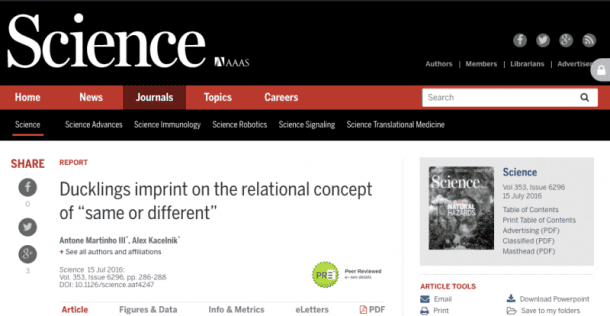Are you sick of relying on some schmuck on a blog to brief you about the latest researches and inventions with all their biases? Tired of not being able to read the research paper yourself because of the dreaded 35 bucks lock? Fret not, as a new Chrome and Firefox extension called Unpaywall is here to help you get a free pass to the research papers all around the world.
The tool doesn’t claim to give access to every single paper, but it still is better than nothing and a step towards science without barriers. The extension is simple to work with, just install it and when you access a locked paper, a small lock icon pops up on the right-hand side of the screen.

A gray lock indicates that Unpaywall couldn’t find a free paper. And if it’s green it means you have struck gold and the extension managed to find the paper’s free version on a university website or a preprint server, which is where the researchers usually publish their papers before publication in a journal or before a peer review. And if the lock turns to gold, it means you can access it openly on the same website.

In case you are worried about copyrights and theft, Unpaywall works strictly within the legal domains unlike some other research paper services like Sci-Hub. The extension built by the nonprofit Impactstory takes funds from Alfred P. Sloan and National Science Foundations that made the add-on. So, Unpaywall only gives you access to the papers that already are legitimately visible on the web without infringing any copyright laws.

The Unpaywall creators claim that the extension can seek out the full text for nearly 65 to 85 percent of articles. It might be a bit of an overestimation, but talking from a short personal experience, you can get most of the papers in main publications like Science and Nature journals.
The world is quickly moving towards more and more open access to scientific knowledge, with several well reputed open access journals, like PLoS One and Peer popping up along with the likes of Scientific Advances and Scientific Reports. Nature has also recently introduced its SharedIt functionality that allows certain publications and bloggers free access to their papers.


